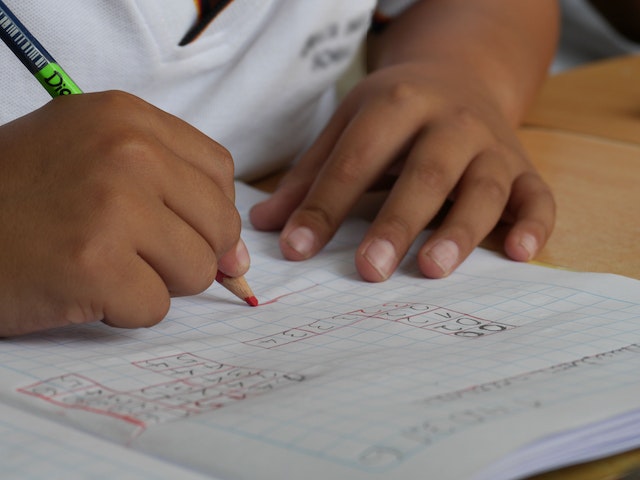By: Xavier Humphrey – 2021 Summer Intern
According to The American Heritage Dictionary of the English Language, 5th edition, challenging means, “requiring the full application of one’s abilities, attention, or resources.” This word and its synonyms are connected to schools and learning.
Schools are meant to be challenging, and that is how people learn. This explains why the word is often used to describe the hardships of school. And in life, people will experience many challenging situations, but just because something is challenging does not mean it is impossible.
A few weeks ago, I had the opportunity to meet State Rep. Patty Kim. During the roundtable meeting organized as part of my internship with PennLive and the World Affairs Council of Harrisburg, I asked Rep. Kim a two-part question: “How can you keep good teachers; and how can you ensure students get a quality education.”
Her response impressed me. She said often white teachers feel sympathy for Black and Brown children who they think are struggling through many challenges in life. But they don’t feel empathy.
That leads some teachers to avoid pushing and challenging Black and Brown students. This may seem like a good thing, but it is not. It doesn’t help the student in the long run.
As Rep. Kim also mentioned, we need teachers who have empathy and who push students because they understand their lives might be hard, but they also know the students are capable of high achievement.
Rep. Kim’s words had special meaning for me. In fifth grade, I received the opportunity to take a more advanced math class. I was excited because I enjoyed learning. However, before I was able to take the class, a teacher pulled me aside and asked if I was sure that I could handle the class. She said it would be a struggle. I assured her I could handle it, but she continued to question my abilities.
I started to doubt myself. But my mother had confidence in me, so I decided to go forward. I struggled in the class, but I worked hard and succeeded.
Another Black student had a similar experience with the same teacher, but she withdrew after just one hard day, also affected by the teacher’s doubts in her abilities. She now regrets that decision. She regrets not staying in the class, despite how hard the work was.
Even though some teachers may have the best intentions, they may be using the wrong approach with Black and Brown children. Their pity may do more harm than good.
Teachers hold special power when it comes to the development of the students they teach, especially when the parent may not be as involved. This is why teachers must push students to be the best they can be instead of trying to protect them from struggles.
Schools and teachers hurt students by discouraging them from taking advanced classes. Grades often decide whether a student can take an advanced class, but this may hurt students from achieving their full potential. Many students don’t do well every year, but it doesn’t mean they aren’t capable of hard work, if they are supported.
I have experienced all types of teachers, but the best made me love learning and treated me as someone equal and capable. They didn’t feel sorry for me but expected me to work hard and to overcome whatever challenges I faced.
Xavier Humphry wrote this opinion piece while interning for the World Affairs Council of Harrisburg and the PA Media Group. It was published here.




